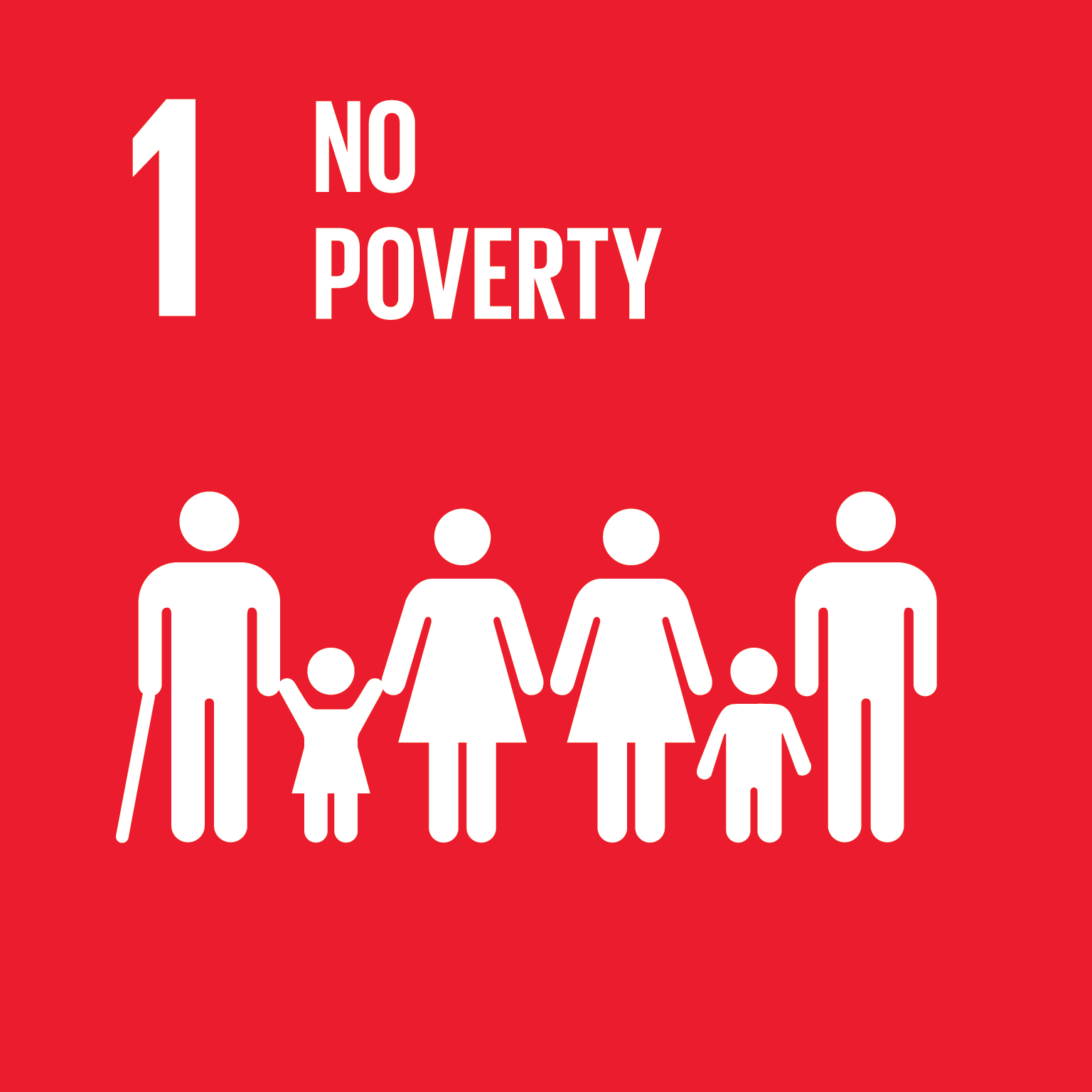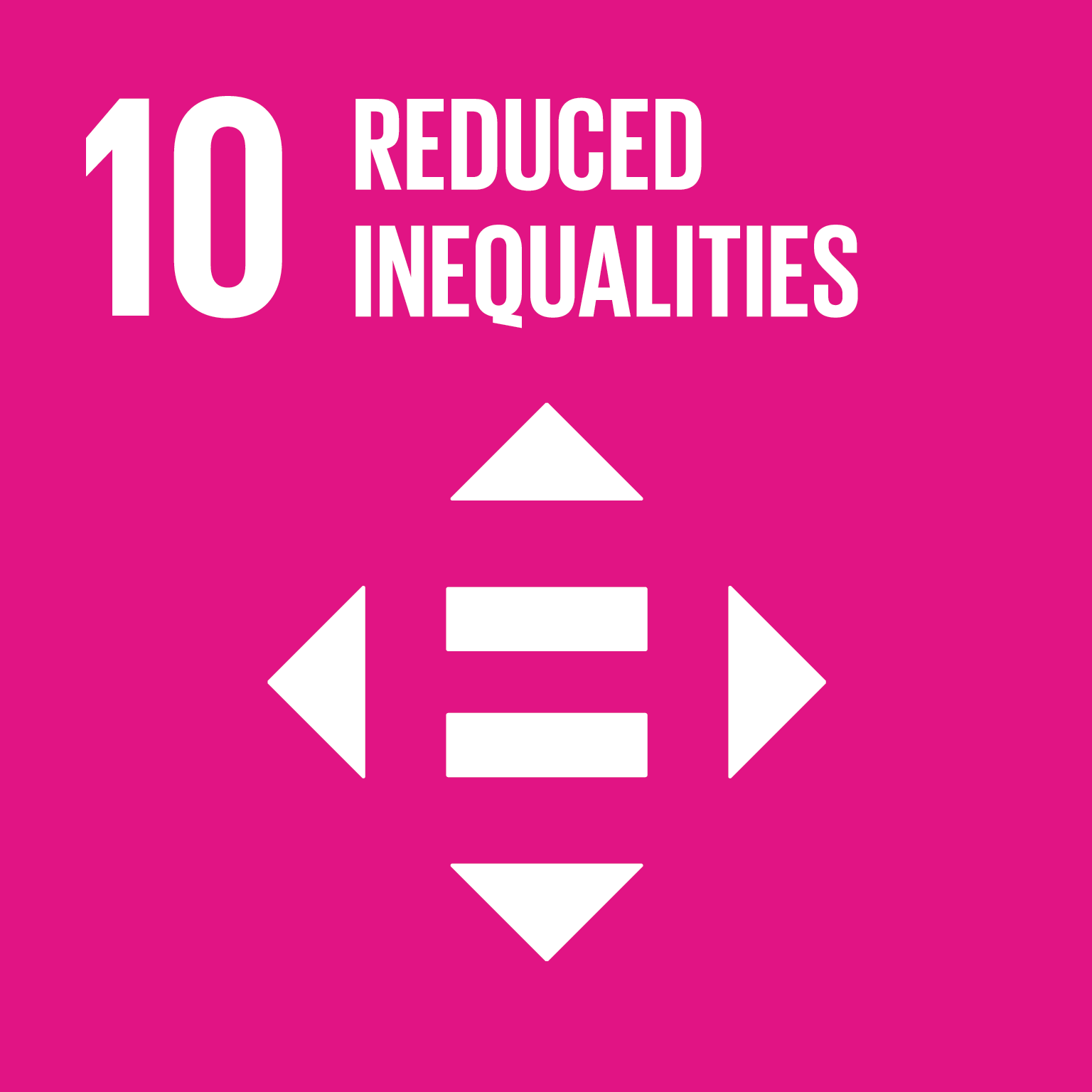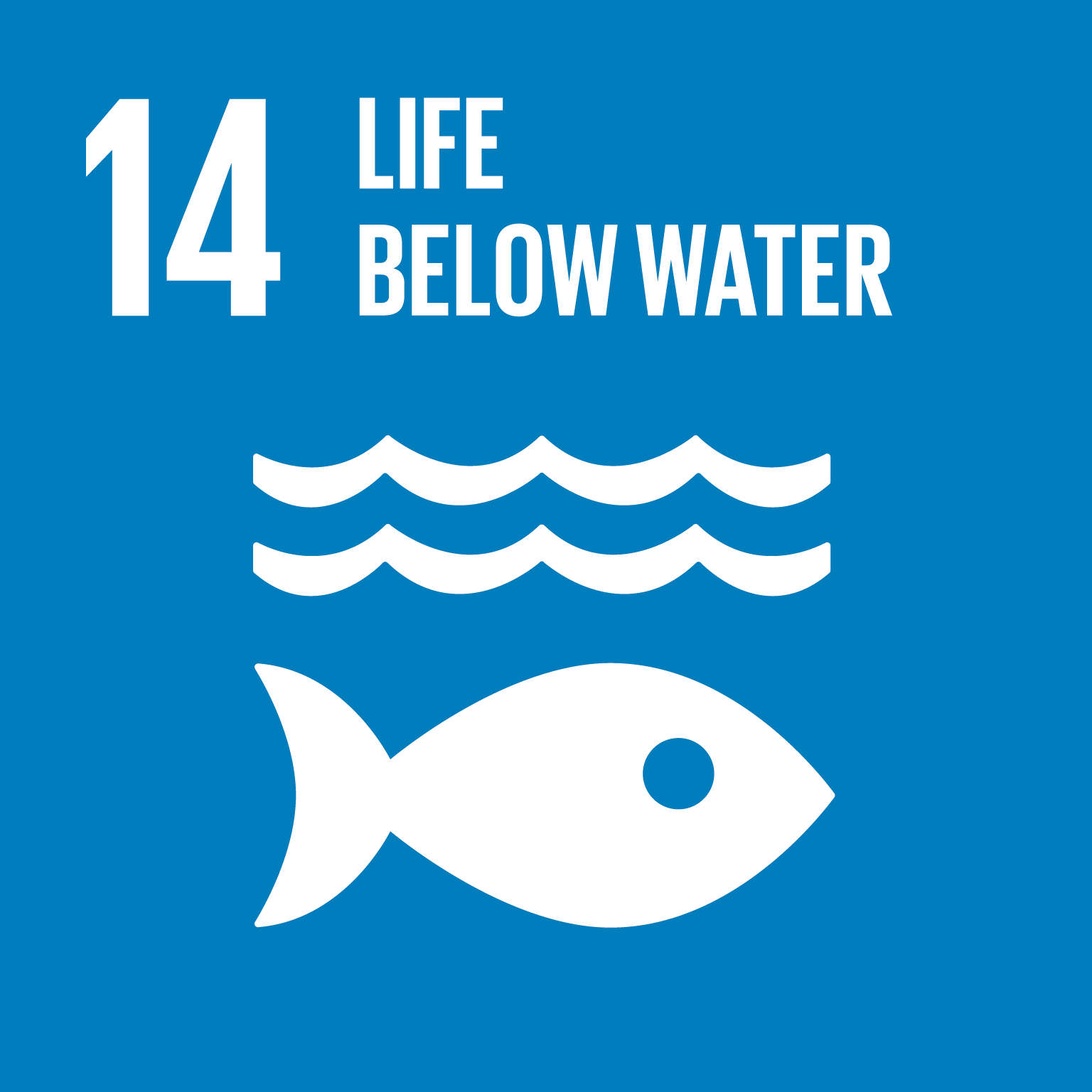Overview
Since its inception in 1972, the United Nations Environment Programme (UNEP) has been the global authority that sets the environmental agenda, promotes the coherent implementation of the environmental dimension of sustainable development within the United Nations system and serves as an authoritative advocate for the global environment.
UNEP’s mission is to provide leadership and encourage partnership in caring for the environment by inspiring, informing, and enabling nations and peoples to improve their quality of life without compromising that of future generations.
UNEP works on delivering transformational change for people and nature by drilling down on the root causes of the three planetary crises of climate change, nature and biodiversity loss, and pollution and waste. UNEP employs seven interlinked subprogrammes for action: Climate Action, Chemicals and Pollutions Action, Nature Action, Science Policy, Environmental Governance, Finance and Economic Transformations and Digital Transformations.
Through its campaigns, particularly World Environment Day, UNEP raises awareness and advocates for effective environmental action.
Headquartered in Nairobi, Kenya, UNEP works through its divisions as well as regional, liaison and out-posted offices and a growing network of collaborating centres of excellence.
UNEP works closely with its 193 Member States and representatives from civil society, businesses, and other major groups and stakeholders to address environmental challenges through the UN Environment Assembly, the world’s highest-level decision-making body on the environment.
The organization hosts the secretariats of many critical multilateral environmental agreements and research bodies.
The Executive Director and Senior Management Team lead the implementation of UNEP’s Medium-Term Strategy (MTS). The four-year MTS articulates UNEP’s role in delivering the promises of the 2030 Agenda for Sustainable Development and the United Nations Conference on Sustainable Development (Rio+20) as well as its outcome document, “The Future We Want.”
UNEP supports Member States to ensure that environmental sustainability is reflected in development and investment planning and provides countries with the necessary tools and technologies to protect and restore the environment.Its work is made possible by partners that fund and champion the mission. UNEP depends on voluntary contributions for 95 per cent of its income.
Location
United Nations Avenue, Gigiri Nairobi, Kenya P.O. Box 30552, 00100 Nairobi, Kenya






